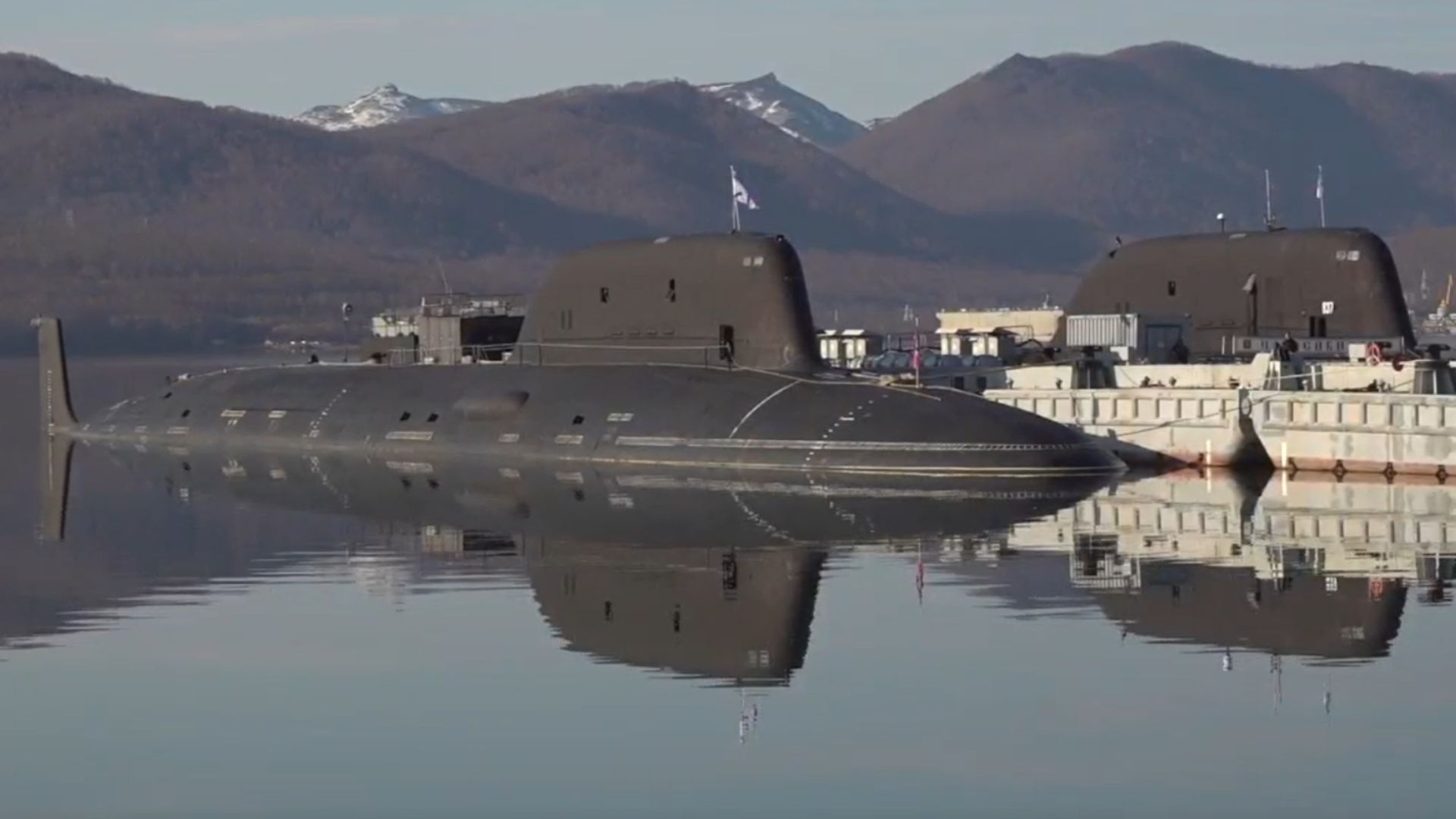The recent powerful earthquake that struck Russia’s Kamchatka Peninsula has ignited significant safety concerns regarding the nation’s vital nuclear submarine base, a development with profound strategic implications.
Measuring a formidable 8.8 magnitude, the seismic event occurred disturbingly close to Avacha Bay, the strategic hub for a significant portion of the Russian Pacific Fleet’s nuclear submarine fleet, sparking immediate alarm among global military observers.
Specifically, the epicenter of the tremor was located a mere 75 miles (120 kilometers) from the Rybachiy submarine base, home to Russia’s advanced Borei and Borei-A class nuclear ballistic missile submarines, which form the bedrock of the country’s underwater nuclear deterrence capabilities.
Despite official Kremlin reassurances of no major injuries or structural failures at the base, contradictory footage circulating from local sources paints a starkly different picture, showing widespread damage including collapsed buildings, compromised ports, and flooded coastal infrastructure, raising questions about the true extent of the quake’s impact on this critical military installation.
Military analysts are currently scrutinizing satellite imagery to ascertain which Russian nuclear submarines were docked during the seismic event, with primary concerns centered on the possibility of internal damage, particularly if any vessels were undergoing maintenance with exposed hatches, which could lead to long-term operational issues for Russia’s crucial nuclear deterrence.
The combination of powerful seismic waves and potential tsunamis presents a complex risk to the sensitive equipment housed at the submarine base, prompting an analysis of the region’s seismic history, including an 8.7 magnitude earthquake in 1952 and comparisons to the devastating 2011 Great Japan Earthquake and the 2004 Indian Ocean tsunami, highlighting the potential for severe, far-reaching consequences.
Although a retired Russian Navy officer suggested the bases are built to withstand extreme events, the profound silence from the Russian Ministry of Defense regarding the specific condition of the submarines in Avacha Bay has fueled geopolitical concerns and heightened speculation among Western intelligence agencies monitoring the situation closely.
The strategic role of the Borei and Yasen classes within Russian military operations means any interruption to their availability, even from subtle internal damage or power system issues, carries significant military importance, underscoring the ongoing uncertainties surrounding the safety and operational status of these critical assets post-earthquake.






Leave a Reply